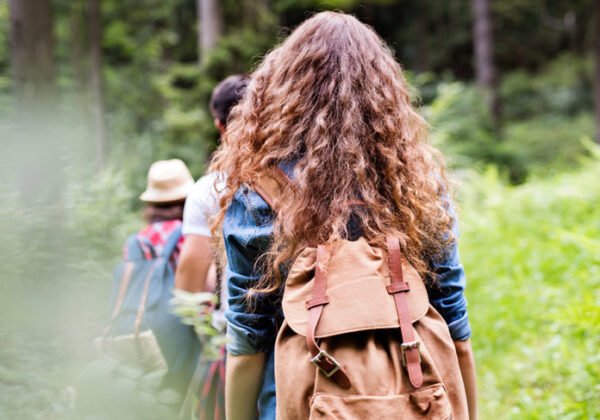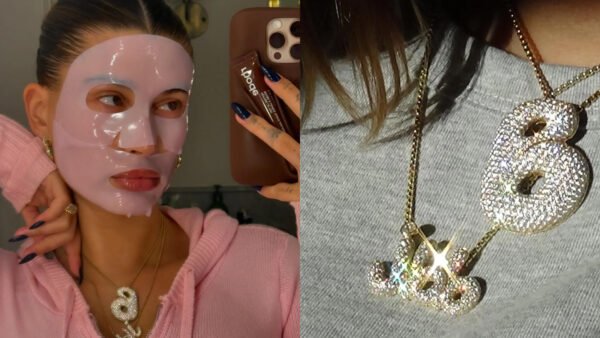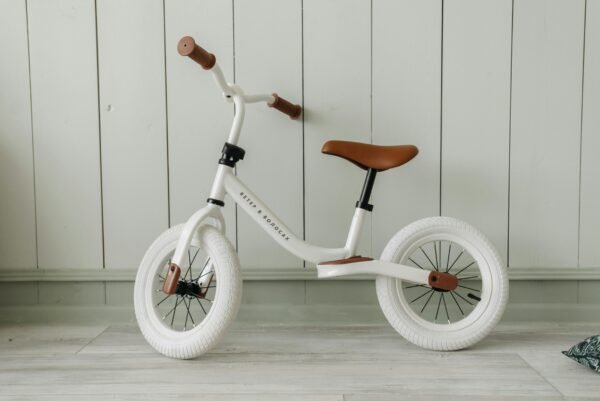
Green Teens: How to Cultivate Eco-Consciousness in the Next Generation

In a world where the environment is increasingly under threat, teaching our teens to be eco-conscious isn’t just important—it’s essential. As parents, we are responsible for leading by example and imparting sustainable habits that will help shape a greener future. This article explores practical and impactful lessons that every parent should teach their teens, tailored to fit a lifestyle that resonates with them. By nurturing an understanding of sustainability, we prepare our children to inherit the planet and actively participate in its preservation.
Reducing Carbon Footprints Together
Teaching teens to reduce their carbon footprint is a fundamental lesson in sustainability. Start by involving them in daily decisions that have environmental impacts, such as choosing how to travel. Encourage walking, biking, or using public transport instead of driving. This not only reduces emissions but also promotes physical health.
At home, engage your teens in energy-saving practices. Show them the importance of turning off lights when leaving a room and unplugging devices when they’re not in use. You can also involve them in household decisions like selecting energy-efficient appliances. Discuss the benefits of these choices, not just for your utility bills but for the planet.
Another engaging approach is planning family activities with a lower carbon impact. Why not explore local attractions instead of flying to distant locations for vacations? This reduces travel-related emissions and supports local economies, all while teaching valuable lessons about appreciating immediate surroundings.
Embrace the Thrift Culture
Thrifting isn’t just a budget-friendly activity; it’s a statement against the wasteful nature of fast fashion, which is one of the largest polluters globally. Encourage your teens to shop at thrift stores, swap clothes with friends, or upcycle old outfits. This promotes creativity and individuality while highlighting the impacts of textile waste.
Organize a “swap meet” with other families where teens can trade clothing and accessories. This can be a fun event that also serves as a platform to discuss the life cycle of clothing and the importance of reducing waste. Explain how choosing second-hand items can significantly lower the demand for new products, reducing the industry’s carbon footprint.
Additionally, you can encourage your teens to research and advocate for sustainable fashion. They can look into how clothes are made and choose to support brands that prioritize sustainable practices, even though we won’t name any specific brands here. This critical thinking about consumption can be a lifelong skill.
Summer Camps and Screen Time
With summer here, a great way to get your teen off their screens and into a summer camp is by selecting programs focusing on nature and sustainability. These camps often offer activities like tree planting, wildlife conservation, and water resource management. They provide hands-on experience with the natural world, fostering a deep appreciation and understanding of environmental issues.
Look for camps emphasizing outdoor skills like hiking, canoeing, and navigation. These skills reduce reliance on electronic devices and teach teens about resourcefulness and resilience in natural settings. They’ll learn to appreciate the outdoors and understand the stakes of environmental conservation firsthand.
Many of these camps incorporate leadership training and teamwork, essential skills for future environmental advocates. Teens return from these experiences not just more aware but often passionate about making a difference in their communities. This can spark a long-term commitment to sustainability practices, making the summer camp experience both enriching and transformative.
Eco-Friendly Period Products
One of the most personal—and impactful—sustainability lessons for teenage girls involves their menstrual health. Sustainability in your menstrual cycle is an important habit to start young, so when your teen starts their period, introducing them to period underwear for teens, menstrual cups, and reusable pads is better than conventional period products, which are harmful to the environment. These products offer a way to minimize waste and educate young individuals on how their choices can impact the planet.
Discussing the variety of eco-friendly menstrual products can open up a broader conversation about body autonomy and the importance of making informed choices. It’s crucial to explain why traditional products are less sustainable. They often contain plastics and chemicals that contribute to environmental degradation. In contrast, sustainable alternatives are designed to be used multiple times and made from safer materials.
Creating a supportive environment where your teen feels comfortable discussing these options. You can help by researching different products together, discussing their pros and cons, and perhaps even trying out a few different types to find what works best for her. This journey towards sustainable menstruation isn’t just about making eco-friendly choices; it’s about empowering your teen to take control of her health and her impact on the world.
The Power of Plant-Based Diets
Introducing your teen to the benefits of a plant-based diet is another powerful sustainability lesson. This doesn’t mean they need to become vegetarian or vegan overnight—but integrating more plant-based meals into their diet can significantly reduce their environmental footprint. Discuss how the agriculture industry, particularly meat and dairy, contributes to deforestation, water consumption, and greenhouse gasses. Ryan Rock highlights the importance of sustainable practices within the agricultural sector, showcasing how small changes can lead to a significant positive impact on the environment. By making conscious food choices, your teen can become an advocate for sustainability and contribute to a healthier planet.
Cooking plant-based meals together can be a fun and educational activity. It’s a chance to explore new flavors and cuisines while explaining the sustainability benefits of ingredients like lentils, beans, and seasonal vegetables. Encourage your teen to be creative in the kitchen, perhaps starting a small garden to grow herbs and vegetables. This provides fresh produce and teaches valuable lessons about the food system and its impact on the environment.
Teaching teens about sustainability is about creating habits that will last a lifetime. Each of these lessons contributes to a broader understanding of how interconnected our choices are with the health of our planet. Through these practices, teens learn to navigate their lives with a deep sense of responsibility and empowerment. As parents, we guide them through these lessons with patience and understanding, paving the way for a more sustainable and thoughtful generation.












































